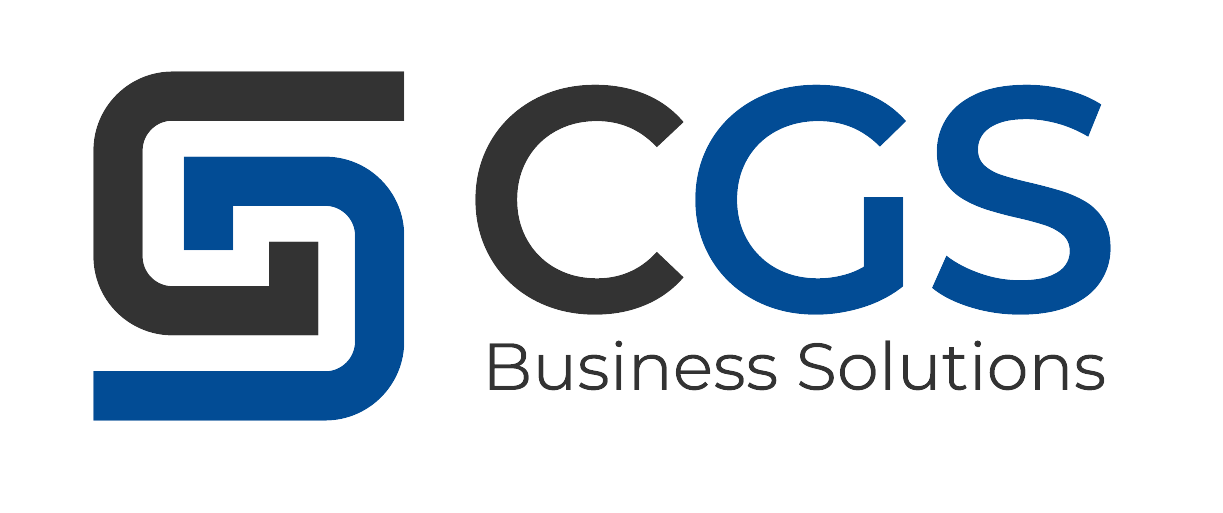Why Interview Success Begins Long Before You Walk In
Whether you’re aiming for your first tech role or stepping into a senior IT leadership position, one thing remains true: how you show up in the interview room makes all the difference. And while resumes, references, and LinkedIn profiles have their place, it’s the energy, clarity, and confidence you bring into the conversation that often seals the deal.
At CGS Business Solutions, we’ve guided thousands of IT professionals through interviews that led to real career breakthroughs. And one of the most effective tools we coach candidates on is the 30/30/30/10 rule—a simple but powerful framework that helps you balance enthusiasm, competency, authenticity, and confidence during your interview.
We use our proprietary TalentFlow™ Framework to support candidates through every step of their journey—from the moment they apply to the moment they accept the offer. Interview prep is a critical phase in that process.
Let’s break it down.
What Is the 30/30/30/10 Rule?
The 30/30/30/10 rule breaks the interview process into four core focus areas:
- 30%: Your enthusiasm, presence, and energy
- 30%: Your demonstrated experience and qualifications
- 30%: Your ability to sell yourself and stand out
- 10%: Your closing skills—how you wrap things up and leave an impression
When you know where to focus your energy and how to balance these areas, you stop “winging it” and start walking in with purpose.
30%: Lead with Energy, Enthusiasm, and Presence
Your first impression is more than a firm handshake or a polished resume—it’s how you show up in the moment. Great hiring managers notice your energy before they even process your words. Are you smiling? Are you maintaining eye contact? Is your tone of voice positive and confident?
Interviewers want to see that you’re genuinely excited about the opportunity. That doesn’t mean being over-the-top—it means being present, curious, and emotionally engaged. At CGS, we coach candidates to stay relaxed but alert, showing that they’re both confident and grounded.
This focus on presence is part of the Define phase in our TalentFlow™ Framework—where we help you identify and connect to what motivates you most, so you can bring that passion into every interaction.
Pro tip: If you’re interviewing virtually, eye contact means looking into the camera, not at the screen. Small detail, big impact.
30%: Show You Can Do the Job
Once you’ve established your presence, it’s time to prove you have what it takes. This isn’t the time for vague generalities. It’s about providing specific, relevant examples that demonstrate your experience and expertise.
Instead of saying, “I led a team,” say, “I led a cross-functional DevOps team of six engineers through a cloud migration project that reduced deployment time by 40% over 90 days.”
Tailor your responses to the role. If you’re applying for a cybersecurity role, talk about incident response. If it’s a systems engineering role, focus on scalability and performance optimization.
We support you through this in the Screening & Selection phase of TalentFlow™, equipping you with resume guidance, coaching, and mock interview prep so you’re ready to deliver your strongest, most relevant stories.
30%: Market Yourself Without Overselling
This part is where many candidates struggle—talking about themselves without coming across as arrogant or unrelatable. But here’s the truth: you’re the product in this conversation. If you don’t showcase what makes you exceptional, someone else will.
The key is relevance. Focus on what makes you uniquely suited for this role at this company. What strengths do you bring that align with their mission? How do your working style, values, or experience complement their team culture?
Let your enthusiasm shine, but don’t dominate the conversation. Show that you’re confident and collaborative. Hiring managers want someone they can trust—not just someone who talks a good game.
This is where the Match phase of TalentFlow™ comes into play. We work with you to highlight the unique qualities that make you a cultural and technical fit so that by the time you’re interviewing, you’re aligned and on message.
10%: Close with Confidence
The last 10% of the interview can make or break your chances—and it’s often the most neglected part.
A strong close involves more than a polite “thank you.” This is your moment to express your interest clearly, ask thoughtful questions, and restate why you’re the right fit. If you’ve heard an objection or hesitation during the conversation, address it confidently.
You don’t need a rehearsed script. You just need to land the plane:
“I really appreciate the time today. After learning more about the team and the role, I’m even more excited about the opportunity. I’m confident I could make an immediate impact, and I’d love to be considered for next steps.”
It’s respectful, clear, and memorable.
The Engage phase of TalentFlow™ reinforces this mindset. We coach you to end the interview strong—and then follow up smartly with your CGS recruiter, so the feedback loop remains clear and proactive.
Conclusion: Interviewing Is a Sales Call—And You’re the Product
Interviewing isn’t about being perfect. It’s about showing up prepared, passionate, and professional. When you understand how to balance energy, expertise, authenticity, and closing power, you walk in with confidence—and that’s what hiring managers remember.
At CGS Business Solutions, our TalentFlow™ Framework helps you master every phase of the hiring journey. And when it comes time to interview, you won’t just feel ready—you’ll feel empowered.
If you’re ready to put the 30/30/30/10 rule into practice and elevate your job search, we’re ready to help.
Frequently Asked Questions
Should I memorize answers or stay conversational?
Stay conversational. Practice key talking points, but let your responses flow naturally to avoid sounding robotic.
Is it okay to bring notes to a virtual interview?
Absolutely. Keep a short list of key points or examples handy—but avoid reading directly from them.
How do I ask about growth opportunities without sounding demanding?
Try: “What does career development look like in this role?” It’s curious, not entitled.
What if I forget something mid-interview?
Take a breath, ask for a moment to collect your thoughts, and pick back up. It shows composure.
When should I follow up if I haven’t heard back?
If your CGS recruiter doesn’t already have an update for you, a polite follow-up within 3–5 business days is appropriate.





